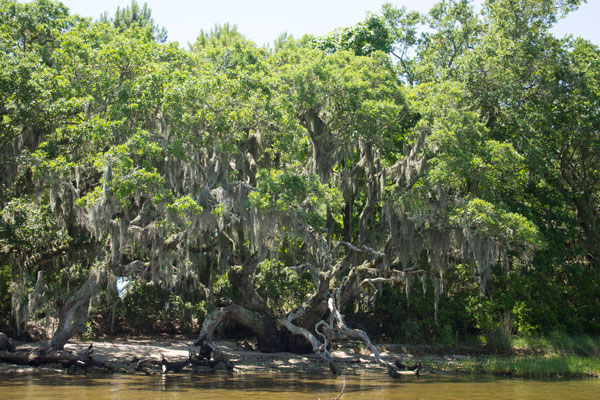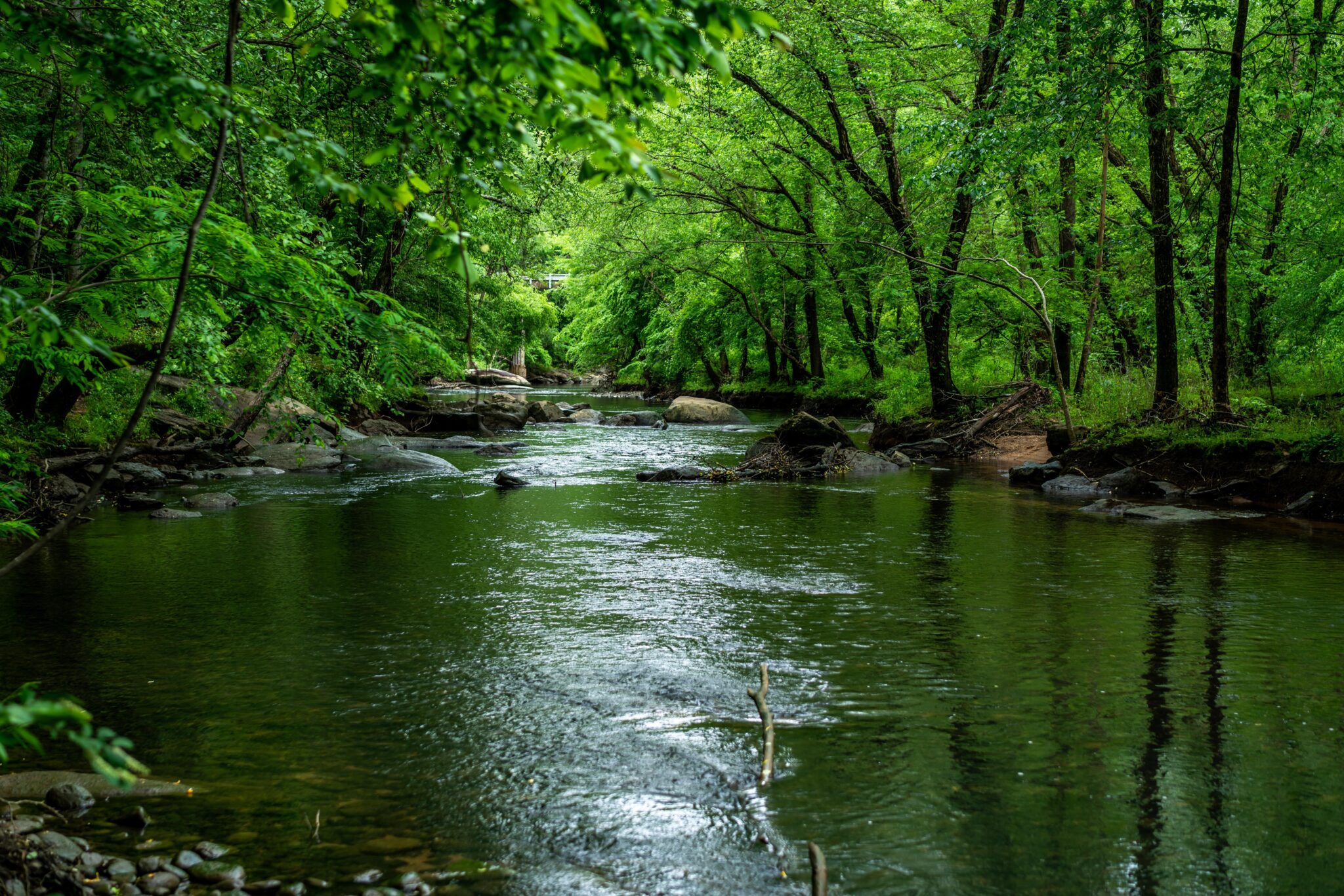Students Invited to Apply for Coastal Research Fellowship

Above: The N.C. Coastal Research Fellow will conduct work within the sites managed by the N.C. Coastal Reserve, such as Permuda Island Reserve (pictured above).
Contact:
Katie Mosher, North Carolina Sea Grant, 919-515-9069, kmosher@ncsu.edu
John Fear, North Carolina Sea Grant, 919-515-9104, jmfear@ncsu.edu
Brandon Puckett, N.C. Coastal Reserve and National Estuarine Research Reserve, brandon.puckett@ncdenr.gov
The North Carolina Coastal Reserve and National Estuarine Research Reserve and North Carolina Sea Grant are seeking applications for a joint fellowship. Proposals are due by 5 p.m., Nov. 29, 2017.
The N.C. Coastal Research Fellowship provides North Carolina-based graduate students with an opportunity to conduct research within one or more of the 10 sites that constitute the reserve. Sea Grant and the Coastal Reserve anticipate awarding one fellowship for $10,000. All work must be completed by Dec. 31, 2018.
“This long-standing fellowship continues to bring great value to both programs. It is an excellent training opportunity for students, many of whom continue to contribute to our understanding of coastal processes,” says John Fear, Sea Grant deputy director.
Brandon Puckett, research coordinator for the Coastal Reserve, notes that his program benefits too.
“Over the past eight years, research conducted by these fellows has challenged paradigms for how we manage invasive species, assess habitat function and quantify ecosystem services,” Puckett explains. “We look forward to continuing to apply our future fellows’ research to address critical coastal management issues.”
The proposed research must address coastal management issues in one or more of these focus areas:
- Social perception of the value of coastal ecosystems and protected areas, and/or their vulnerability to coastal hazards.
- Effects of air and water quality on coastal habitats and associated fauna and flora.
- Use of remote-sensing technology (satellites, aircraft, drones, underwater sensors, etc.) to examine coastal processes.
- Impact of invasive species on coastal ecosystems and human communities.
- Evaluation of habitat restoration practices and/or shoreline stabilization approaches.
- Interaction between ecosystem services and changing environmental conditions.
For details on the application process, including instructions on how to complete a data management plan required by the National Oceanic and Atmospheric Administration, go to ncseagrant.ncsu.edu/ncsg_reserve_fellowship. Read about past fellows at go.ncsu.edu/oww27d.
###
North Carolina Sea Grant: Your link to research and resources for a healthier coast.
- Categories:


